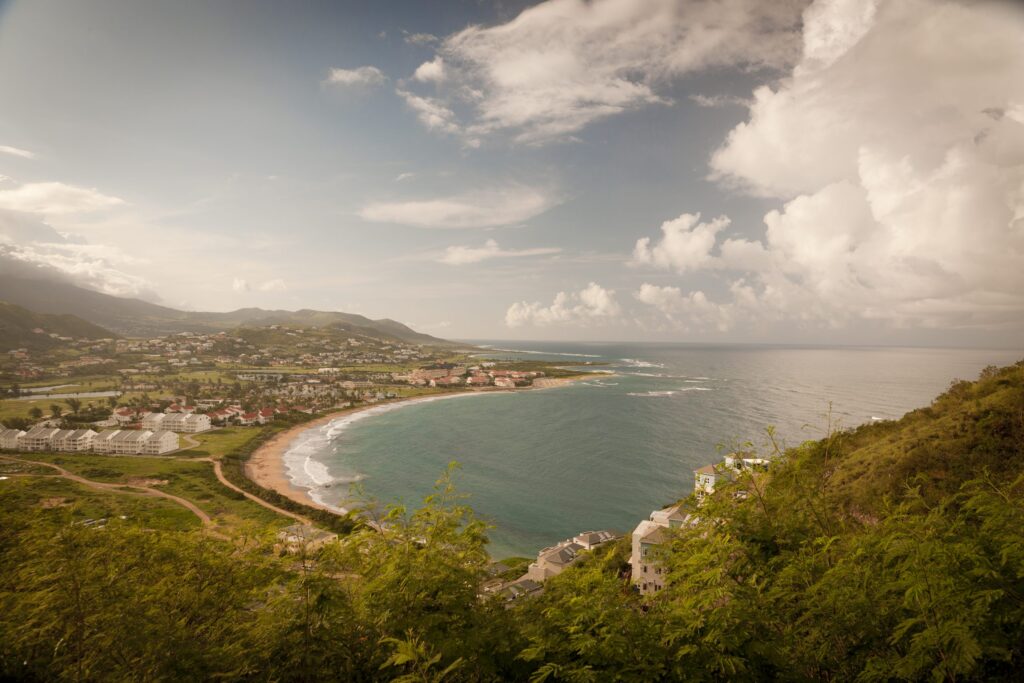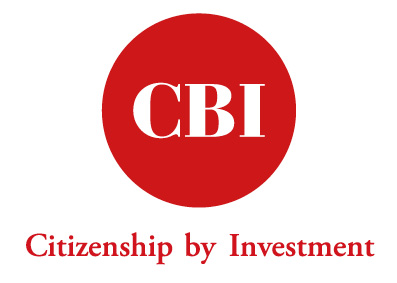Undoubtedly, 2020 has been a challenging year for most industries, and the Citizenship by Investment industry was no different. With the COVID-19 pandemic triggering global lockdowns and other travel restrictions, life as we knew it had come to a screeching halt. The industry scrambled to move operations online, and with the drastic economic decline, many nations utilised revenue generated under their respective programmes to keep them afloat. Yet, despite the difficulties, the industry quickly witnessed skyrocketing demand as families across the globe raced to find a Plan B before unpredictability reared its head once more.

The industry not only saw an increase in demand but a change in priorities for investors who were applying for second citizenship. Where once global mobility topped the list of motivators for second citizenship, priorities shifted to include access to better healthcare systems, political stability and the safety of one’s family. Additionally, the inadequate management of the COVID-19 pandemic left some of the most developed nations struggling, thus triggering a new wave of economic citizens from the United States and the United Kingdom.
The Caribbean remains an established destination within the investment immigration realm and is home to some of the oldest longest-standing programmes within the industry. All five of the region’s government-legislated Citizenship by Investment Programmes took the top five rankings of this year’s CBI Index – published by experts at the Financial Times’ Professional Wealth Management magazine. The Caribbean is also the region that has been the least impacted by the spread of the novel coronavirus, with many nations now in the midst of reopening borders and welcoming tourism back to their shores. This has made the region even more attractive amongst wealthy investors who are eager to escape to a country that has effectively nipped the virus in the bag.
Dominica Leads
For the last four consecutive years, Dominica’s CBI Programme has been ranked as the world’s best offering for second citizenship by the CBI Index. Established in 1993, the Programme has over two decades of experience within the industry and only continues to adapt with the changing needs of the market. For example, earlier this year, Dominica introduced new regulatory changes to its Programme that would effectively widen the definition of “dependants” under an investor’s application. It is now one of the few countries that allow the inclusion of children aged over 18, parents, grandparents, siblings and the family of the main applicant’s spouse.
Additionally, the new changes include post-citizenship additions meaning that an applicant can have additional family members even after the receipt of citizenship. The Government of Dominica understands the importance of keeping the family together, particularly in today’s current climate.
After recording zero deaths from the virus, the Commonwealth island reopened its borders to tourism back in August. In fact, its response to the crisis was lauded by the UK Development Director in the Caribbean, praising the country for preventing community spread and utilising its health personnel effectively. Before the global lockdowns, Dominica had enjoyed a thriving tourism sector that saw the country become one of the most popular emerging eco-tourism destinations. Investors who are interested in acquiring Dominican citizenship can do so through the real-estate route, which offers a variety of environmentally sensitive luxury properties from the likes of Hilton, the Marriott and Kempinski.
St Kitts and Nevis’ Platinum Standard
As the industry’s longest-running programme, St Kitts and Nevis’ CBI offers investors a safe and secure route to second citizenship. It also boasts one of the fastest paths to second citizenship, under the Sustainable Growth Fund, as highlighted by this year’s CBI Index. According to the special report, St Kitts and Nevis offers the world’s fastest citizenship timeline with application approval possible within three months.
With over thirty years of experience, St Kitts and Nevis’ CBI Programme has come to be recognised within the industry as a Platinum Standard brand. However, just like Dominica, the twin-island is no stranger to evolving. St Kitts and Nevis is currently offering a limited-time offer that will enable families of up to four to acquire citizenship for $150,000 rather than the previous US$195,000 and will remain valid until 15th January 2021.
The dual island has also reopened its borders as of 31st October to international visitors after reporting zero deaths and only 19 cases, all of which have now recovered. The islands were also designated as a “No Travel Notice” required destination by the United States’ Centers for Disease Control. As tourism slowly picks up on the islands, St Kitts and Nevis still has a stellar track record that it can always rely on. Last year, the islands celebrated a significant tourism milestone after it welcomed one million cruise passengers for two consecutive years. It was also named a marquee destination by the Florida-Caribbean Cruise Association.
Due Diligence: the Cornerstone of the CBI Industry
As global demand for CBI grows exponentially, so does international scrutiny. With a rejuvenated effort from the European Union targeting the continent’s golden visa programmes, the Caribbean is proving that a robust due diligence framework is pivotal to maintaining the industry’s integrity.
Both Dominica and St Kitts and Nevis have been recognised for their meticulous and thorough vetting procedures that follow a multi-tiered approach and utilise both local and international agencies. This includes the likes of the Joint Regional Communications Centre and Interpol to ensure that only applicants of the highest moral standing are accepted as citizens of either nation. The 2020 CBI Index highlighted that both countries received top scores for their due diligence processes since the report’s inception in 2017.
St Kitts and Nevis also has other safeguards in place, for example, it will not allow anyone who has been refused a visa from a country that the islands have a visa waiver with to gain its citizenship. Similarly, investors coming from nations such as Iran, Afghanistan or North Korea, will be rejected from applying. Earlier this year, the dual island nation announced that it would be introducing biometric checks as a means of strengthening its due diligence processes.
“Security concerns coming out of international law enforcement is a no-no for us – we will deny that individual. So if the due diligence is clear from our due diligence company, but it gets a red flag from our international law enforcement group, we will deny [granting citizenship by investment to that applicant],” says Les Khan, the CEO of St Kitts and Nevis CBI Unit.
In order to further encourage transparency, Dominica ensures that it publishes the names of its economic citizens in its official gazette and provides a detailed budget into where CBI funds have been invested. This holds the Government accountable to its own citizens who can trace revenue generated under the Programme to the country’s national development.
“Every Dominican is proud of the Programme because we see how well the funds from the Programme are assisting us in infrastructure, in education, in housing, and in many other things. We have a national employment programme, for instance, where young people are given temporary jobs to gain experience. This is being paid for with funds from the Programme,” says Emmanuel Nanthan, the Head of Dominica’s CBIU.
In recent years, Dominica’s CBI Programme has supported the construction of thousands of affordable and weather-resistant homes, bolstered eco-tourism on the island and is currently contributing to the island’s first international airport. Therefore, the tangible impact of the Programme can be seen across the island.
While the industry grapples with growing pains of trying to find its place in a continually evolving and volatile market, the Caribbean stands out as a region that the industry can learn from. From its commitment to upholding the integrity of the sector through robust due diligence or its dedication to finding new ways in attracting foreign investors, it is more apparent than ever that the Caribbean is leading the new dawn for the CBI industry.






